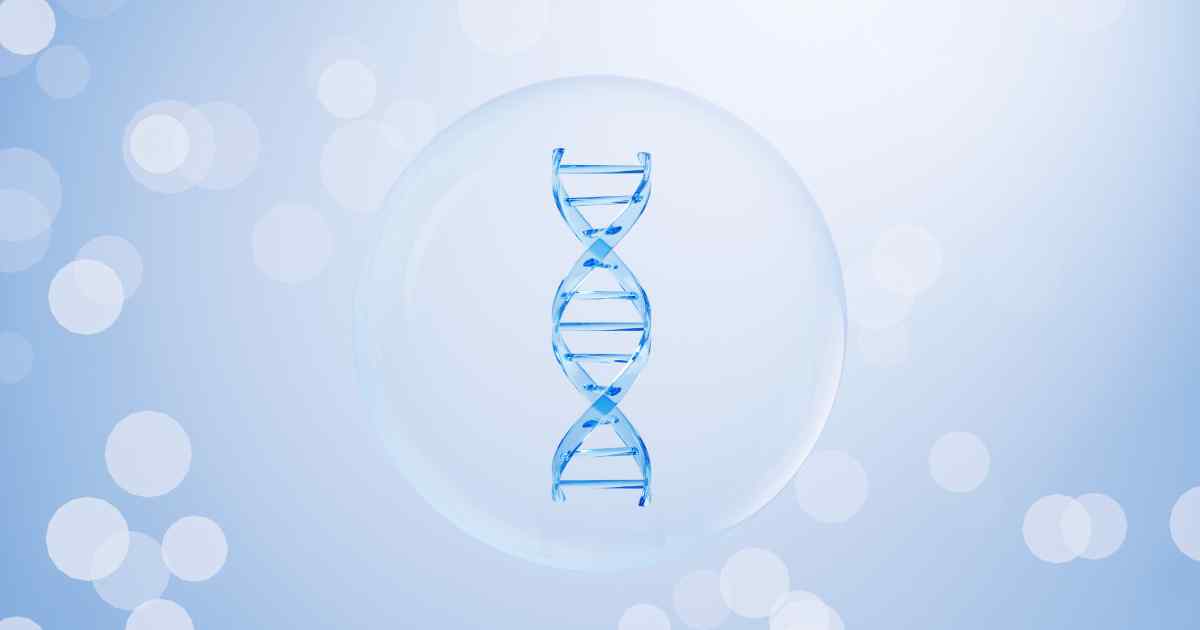
Expert Reviewed By: Dr. Brandon Colby MD
Understanding Reduced Phenylalanine Hydroxylase Levels
Reduced phenylalanine hydroxylase (PAH) levels are the primary cause of a rare genetic disorder called phenylketonuria (PKU). This condition results from a deficiency in the PAH enzyme, which is responsible for breaking down the amino acid phenylalanine. When PAH levels are reduced, phenylalanine accumulates in the blood and can cause severe neurological problems, developmental delays, and intellectual disabilities.
Diagnosing Phenylketonuria
Early diagnosis of PKU is crucial for effective treatment and management. Newborn screening programs have been implemented in many countries to detect PKU shortly after birth. These screenings involve a simple blood test that measures phenylalanine levels. If the levels are abnormally high, further testing is conducted to confirm the diagnosis.
Genetic Testing for Phenylketonuria
Genetic testing plays a significant role in diagnosing PKU and understanding its underlying causes. PKU is an autosomal recessive disorder, meaning that a person must inherit two copies of the mutated PAH gene, one from each parent, to develop the condition. Genetic testing can identify these mutations and provide valuable information for affected individuals and their families.
Identifying Common Genetic Variants
Research has identified numerous genetic variants of the PAH gene that can cause PKU. For example, a study conducted in the northeast of Iran found the most common genetic variations in the PAH gene in Khorasan province. This information can help reduce the time and cost of diagnosing PKU by focusing on the most prevalent mutations in specific populations.
Exploring Potential Therapeutic Strategies
Genetic testing can also aid in the development of novel treatments for PKU. A recent study demonstrated that 3-hydroxyquinolin-2(1H)-one derivatives can act as protectors of human phenylalanine hydroxylase (hPAH) enzyme activity, offering a potential therapeutic strategy for PKU. This research highlights the importance of understanding the genetic basis of the disorder to develop targeted treatments.
Investigating Protein Misfolding and Aggregation
Another study revealed that PKU can have toxic gain-of-function contributions from protein misfolding and aggregation, which may explain the prevalence of comorbid conditions in adult PKU patients. This finding underscores the need for a deeper understanding of the molecular mechanisms involved in PKU and the potential benefits of genetic testing in identifying these processes.
Studying High Incidence Populations
Genetic testing can also help researchers understand why certain populations have a higher incidence of PKU. In the Karachay-Cherkess Republic, Russia, the high frequency of PKU has been linked to the widespread prevalence of the p.Arg261* variant. Identifying this variant through genetic testing can provide valuable insights into the population-specific factors contributing to the disorder.
Conclusion
Reduced phenylalanine hydroxylase levels are at the core of phenylketonuria, a rare genetic disorder with potentially severe consequences. Genetic testing plays a crucial role in diagnosing PKU, understanding its underlying causes, and exploring potential therapeutic strategies. By identifying common genetic variants, investigating protein misfolding and aggregation, and studying high incidence populations, researchers can continue to advance our knowledge of PKU and improve the lives of those affected by the disorder.
About The Expert Reviewer
Dr. Brandon Colby MD is a US physician specializing in the personalized prevention of disease through the use of genomic technologies. He’s an expert in genetic testing, genetic analysis, and precision medicine. Dr. Colby is also the Founder of and the author of Outsmart Your Genes.
Dr. Colby holds an MD from the Mount Sinai School of Medicine, an MBA from Stanford University’s Graduate School of Business, and a degree in Genetics with Honors from the University of Michigan. He is an Affiliate Specialist of the American College of Medical Genetics and Genomics (ACMG), an Associate of the American College of Preventive Medicine (ACPM), and a member of the National Society of Genetic Counselors (NSGC)